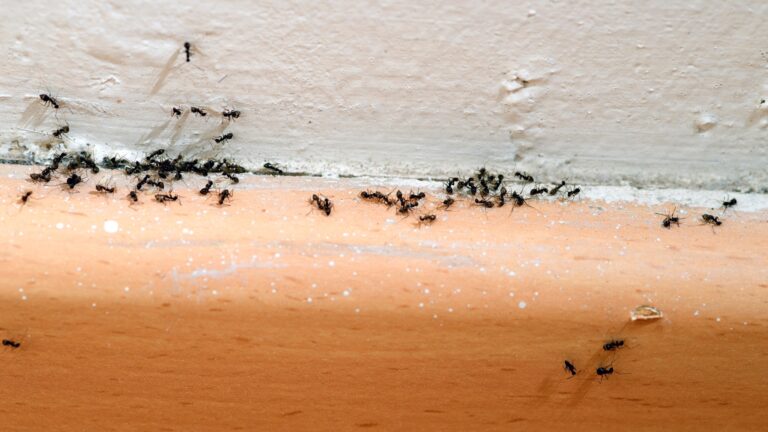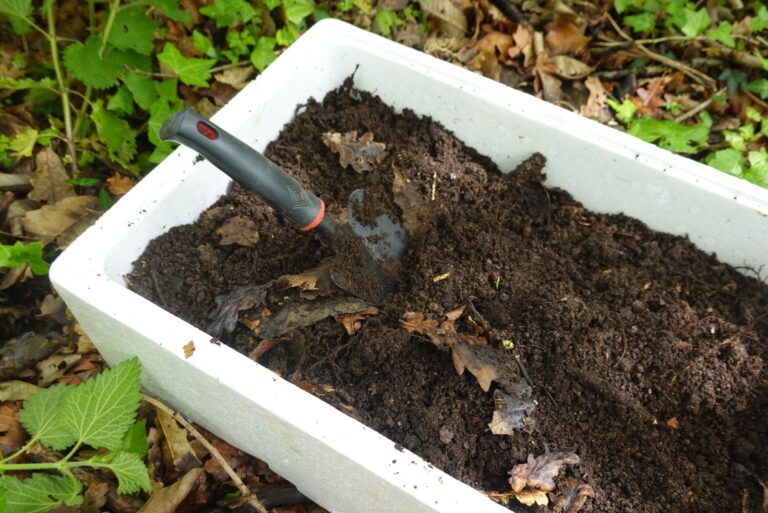Smart Moves To Make If A Coyote Appears In Your Michigan Yard (And 4 You Shouldn’t)
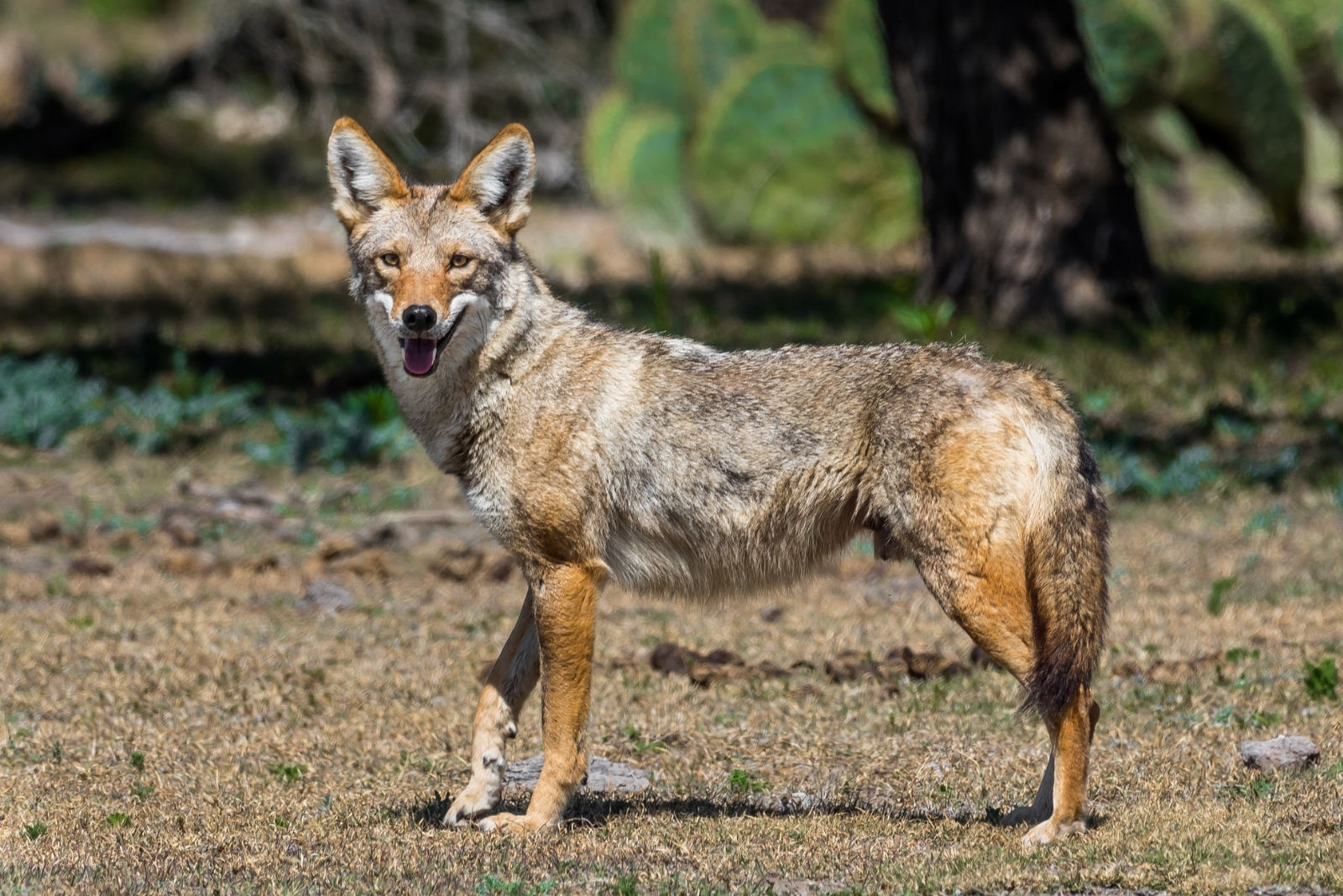
Spotting a coyote in your Michigan yard can be unsettling, but staying calm is key. These animals are usually more curious than threatening, and a few simple steps can help keep your yard safe.
Protecting your pets and securing your space goes a long way in preventing trouble. There are also some common actions that can unintentionally attract coyotes, so it’s good to know what to avoid.
With the right approach, you can handle a coyote sighting confidently and safely.
1. Create Loud Noises
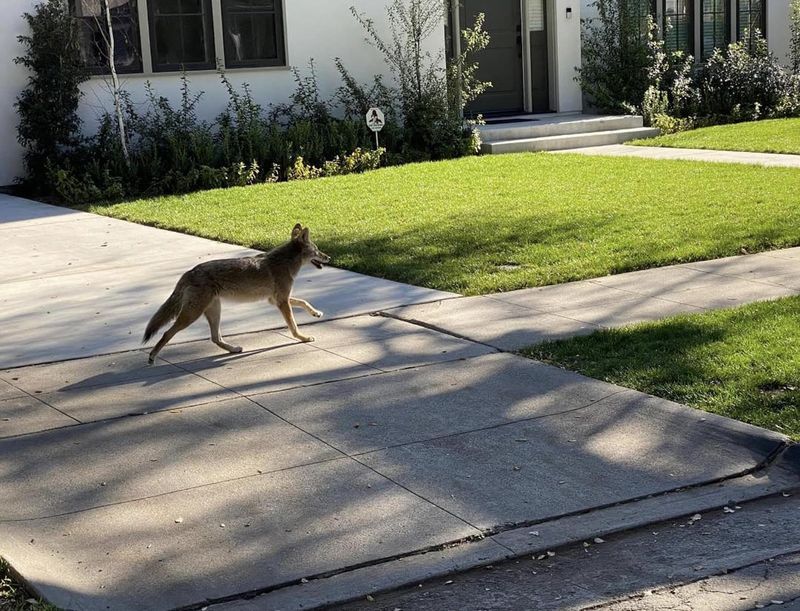
Coyotes startle easily when confronted with unexpected sounds. Clapping your hands, banging pots together, or blowing a whistle can send them running back to the Michigan woodlands they call home.
Keep a noisemaker handy if coyotes frequent your neighborhood. Even shouting in a deep, authoritative voice works well—the key is being loud and intimidating without appearing panicked.
2. Install Motion-Activated Sprinklers
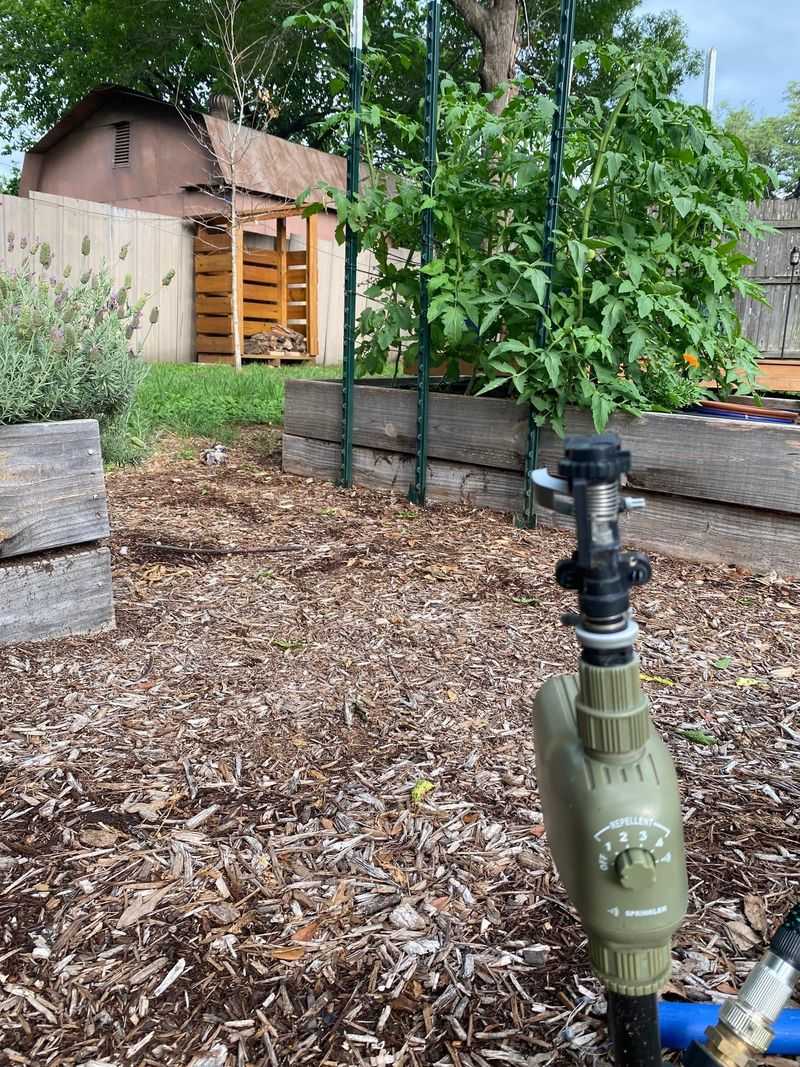
Surprise water sprays create a harmless but effective deterrent. When a coyote triggers the sensor in your Michigan garden, the sudden burst of water startles them without causing harm.
These devices work day and night to protect your property. Many Michigan homeowners report that after a few wet surprises, coyotes learn to avoid their yards entirely, making this a long-term solution.
3. Secure Trash Cans
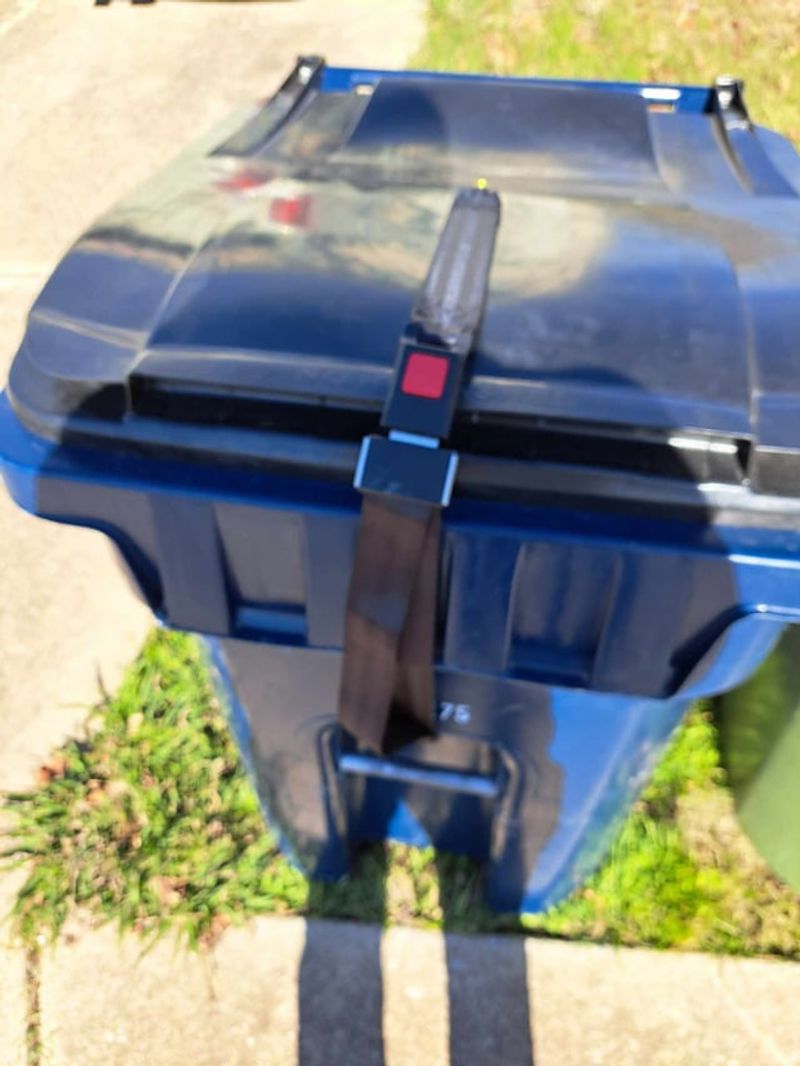
Coyotes are opportunistic eaters drawn to easy meals. Using wildlife-proof containers with tight-fitting lids eliminates one of the main attractions to your Michigan property.
Store garbage in your garage until collection day whenever possible. Michigan wildlife experts emphasize that reducing food sources is among the most effective ways to prevent unwanted coyote visits.
4. Remove Bird Feeders Temporarily
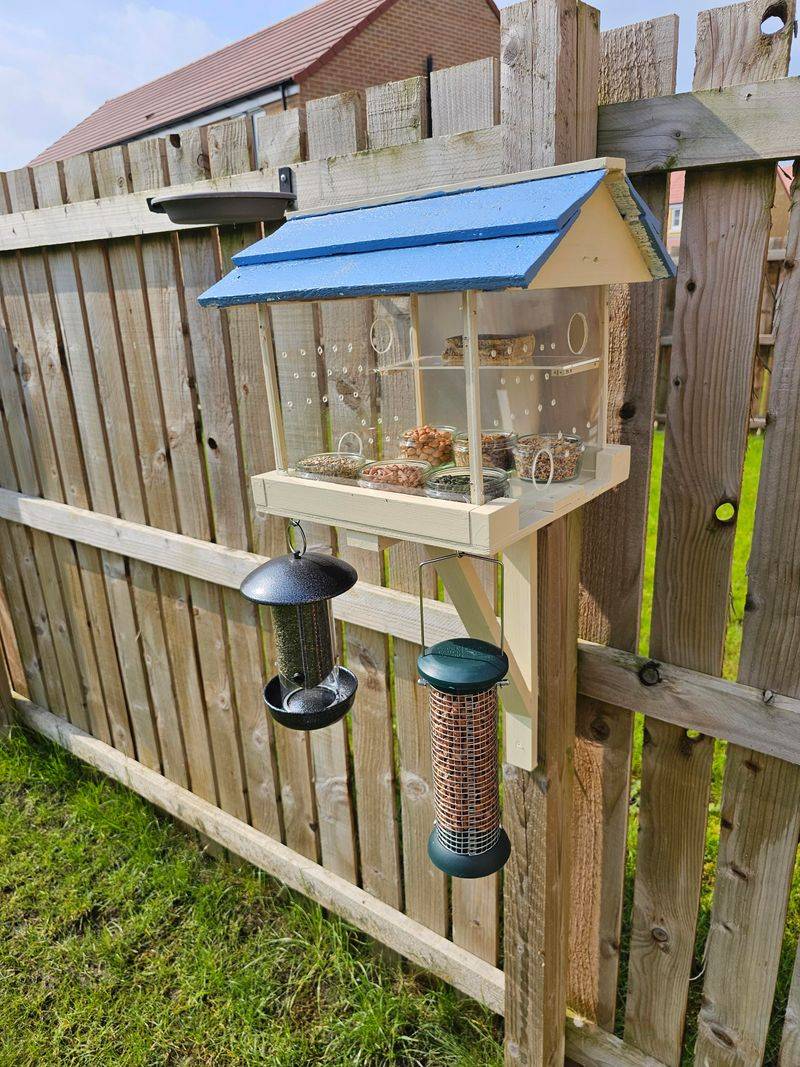
Bird feeders attract squirrels and other small animals that coyotes hunt. Taking down feeders for a few weeks can help discourage coyotes from viewing your Michigan yard as a hunting ground.
Michigan bird enthusiasts can still enjoy wildlife by using window feeders instead. These alternatives let you watch birds while keeping seed contained and less likely to attract coyote prey.
5. Install Coyote Rollers on Fencing
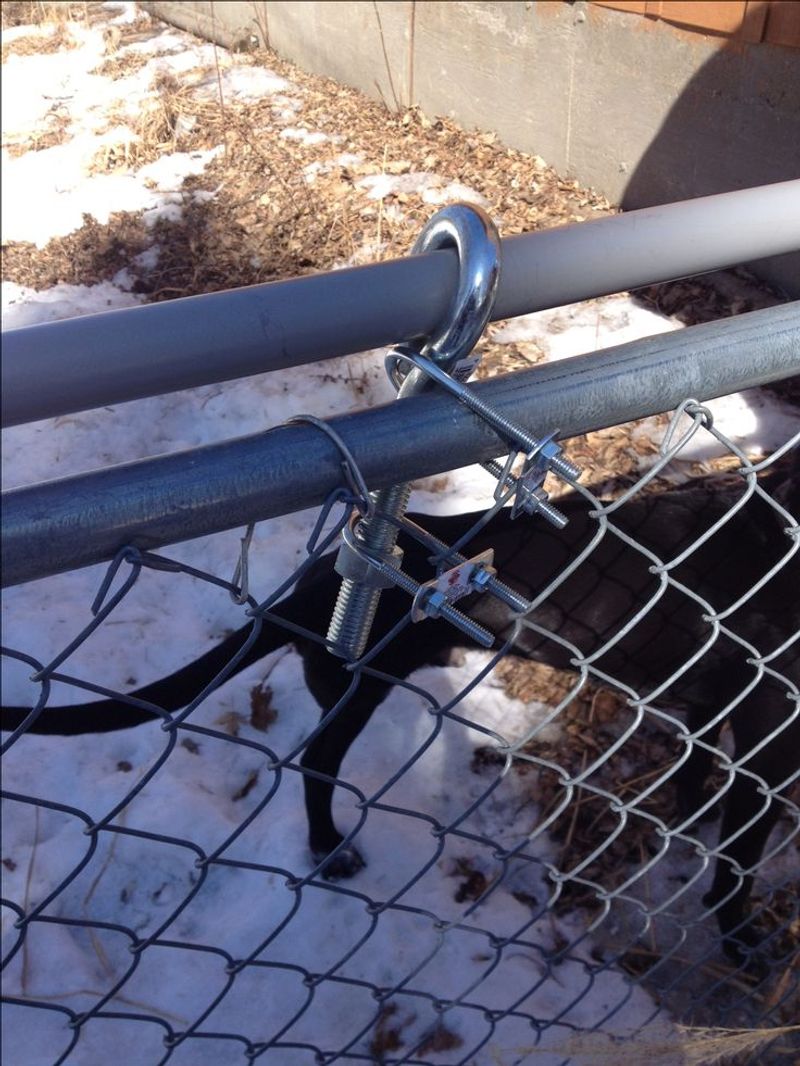
These clever devices prevent coyotes from getting a foothold when attempting to climb over fences. Michigan homeowners with existing fences can add these rolling bars along the top as an extra layer of protection.
The rollers spin when touched, making it impossible for coyotes to gain the grip needed to climb over. Many Michigan pet owners consider this essential for protecting smaller animals in their yards.
6. Keep Pets Supervised Outdoors

Small pets can look like prey to hungry coyotes. Michigan pet owners should stay outside with smaller animals, especially during dawn and dusk when coyotes are most active.
Using a leash even in your own yard provides extra security. Across Michigan, wildlife officials recommend bringing pets inside at night when coyote activity typically increases in residential areas.
7. Maintain Landscaping

Overgrown areas provide hiding spots for coyotes. Trimming tall grass, removing brush piles, and keeping shrubs well-maintained eliminates potential dens on your Michigan property.
Clear away fallen fruit from trees that might attract coyotes looking for a snack. Michigan gardeners find that open, well-maintained yards are much less appealing to wildlife seeking shelter or food sources.
8. Don’t Run Away
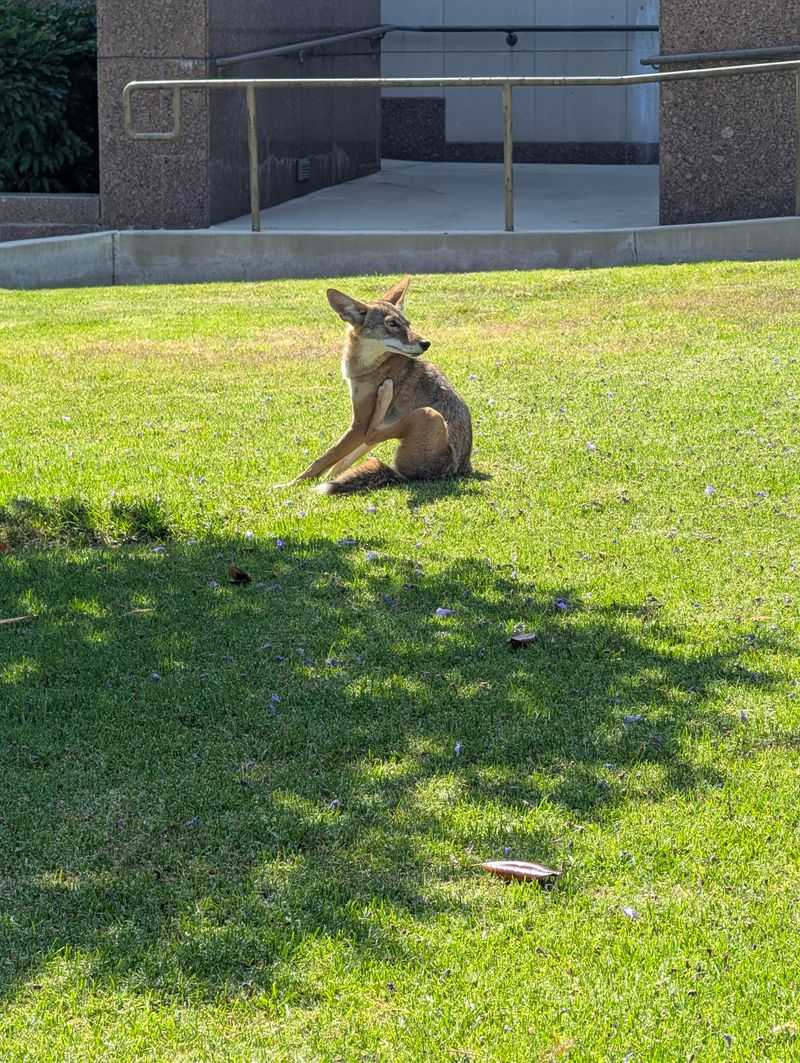
Running triggers a coyote’s chase instinct, potentially making a bad situation worse. Michigan hikers who’ve encountered coyotes know that maintaining composure is crucial during these unexpected meetings.
Back away slowly while maintaining eye contact if you need to create distance. Throughout Michigan’s outdoor spaces, wildlife experts teach that running from a coyote is one of the most dangerous reactions.
9. Don’t Feed Coyotes

Intentionally leaving food out removes their natural wariness of humans. Michigan wildlife rehabilitators see numerous problems resulting from well-meaning residents who feed wild animals.
Even indirect feeding by leaving pet food outdoors creates issues. Across Michigan’s communities, coyotes that associate people with food become bolder and potentially more dangerous, leading to negative interactions.
10. Don’t Try to Pet Them
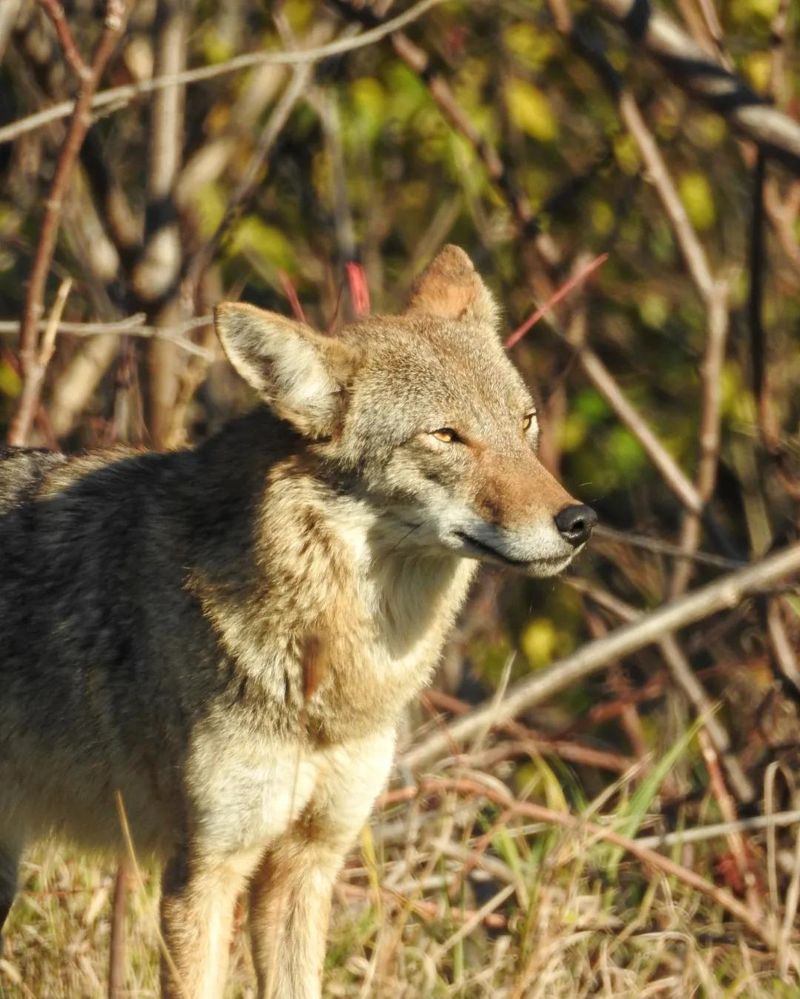
Coyotes are wild animals, not lost dogs. Despite their sometimes curious or friendly appearance, Michigan wildlife officials warn that attempting to touch them is dangerous for both you and the animal.
Even seemingly tame coyotes can bite when frightened. Throughout Michigan’s suburban areas, respecting the wild nature of these animals helps maintain the healthy boundary between humans and wildlife.
11. Don’t Use Poison or Harmful Traps
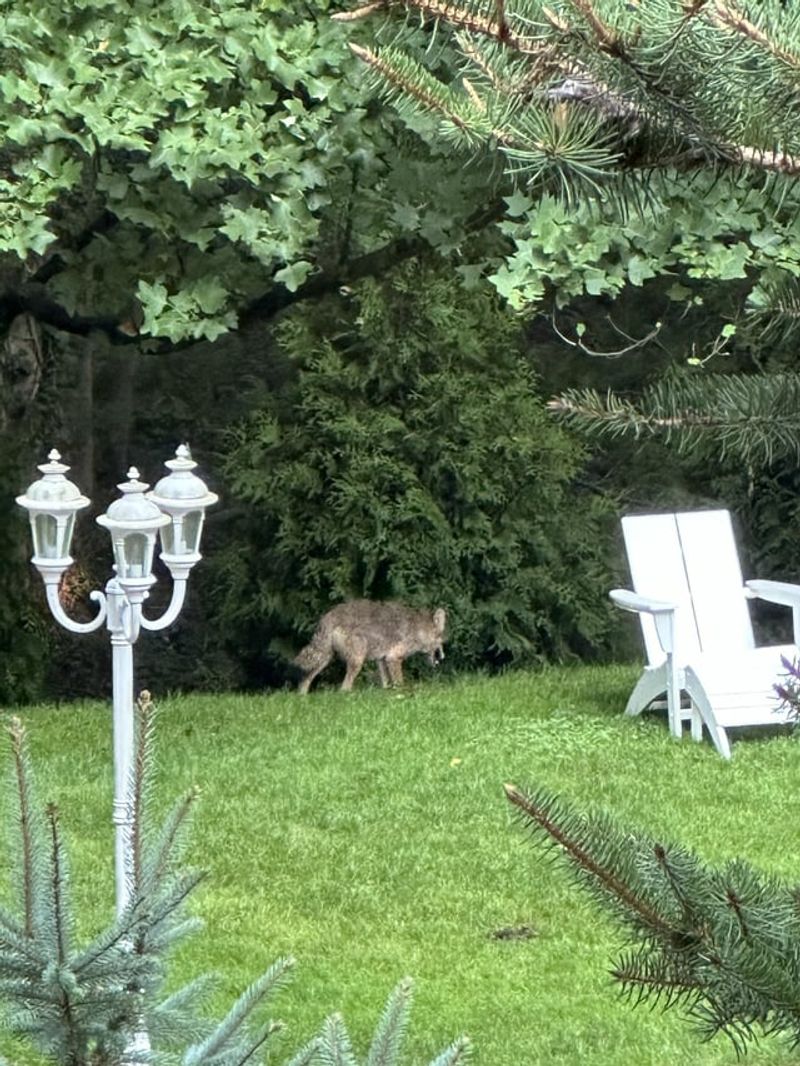
Toxic substances harm more than just coyotes. Michigan’s ecosystem includes many beneficial predators and scavengers that might accidentally consume poisoned bait or get caught in dangerous traps.
Humane deterrents are more effective long-term solutions. Michigan conservation officers remind residents that using poisons or harmful traps is often illegal and disrupts the natural balance of local wildlife populations.


